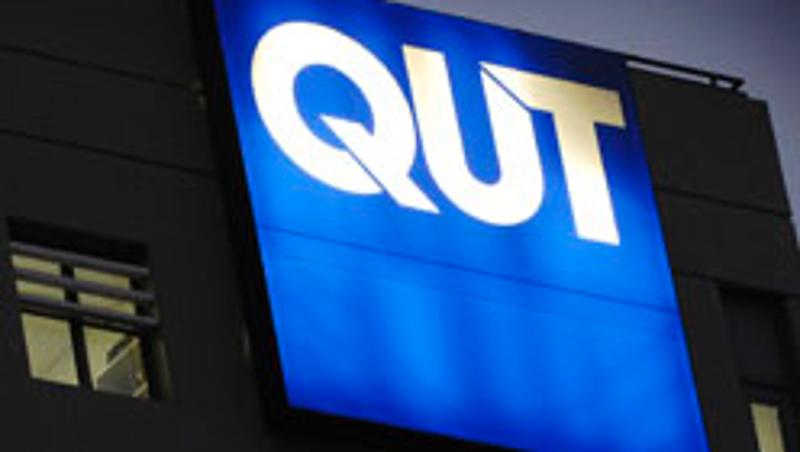
QUT researchers are working with an internationally renowned tumour cell expert in a bid to revolutionise the future of personalised cancer medicine.
Professor Jean Paul Thiery, who developed the most successful method yet for culturing small numbers of cancer cells present in blood, is on a Visiting Researcher Fellowship at QUT's Institute of Health and Biomedical Innovation (IHBI), working with researchers looking at breast, prostate, lung and head and neck cancer.
His latest research found circulating tumour cells (CTCs) could be cultured from a breast cancer patient's blood with an 80 per cent rate, up from about 25 per cent in previous studies.
IHBI Professor in Breast Cancer Research Rik Thompson, who has spent almost 30 years researching breast cancer, said Professor Thiery's discovery represented a major advance towards tailoring cancer drugs to individual patients.
"This is a huge breakthrough that allows us, with Professor Thiery's guidance, to study the CTCs and check to see which drugs may work against the cells that are forming metastases," Professor Thompson said.
"The challenge is that metastasis is often a killer and can be different cancers from the primary. It is difficult to identify every metastasis deposit in the body, but the most aggressive cancer deposits will be represented in the blood and therefore picked up in Professor Thiery's culturing method.
"It means we can harvest these cancerous cells and test drugs on them in a lab, before they are tested on patients. This allows us to more quickly identify the most effective drugs for treatment."
Professor Thompson said translational cancer researchers were already looking at whether drugs could be repurposed to treat different types of cancer.
"For example, about 5 per cent of pancreatic cancers may share the same genetic pathway as seen in an aggressive type of breast cancer, for which very successful treatments are available," he said.
"And there is even the potential for drugs that treat other diseases to be useful in the fight against certain cancers.
"Professor Thiery's research helps us to better understand what is going on in the bodies of cancer patients and, through collaboration with researchers in other areas, how we can more effectively treat these patients."
Professor Thiery said CTC research was opening up "extraordinary opportunities" for more targeted, personalised care for cancer patients.
Media contact:
Rob Kidd, QUT Media, 07 3138 1841, rj.kidd@qut.edu.au
After hours, Rose Trapnell, 0407 585 901


